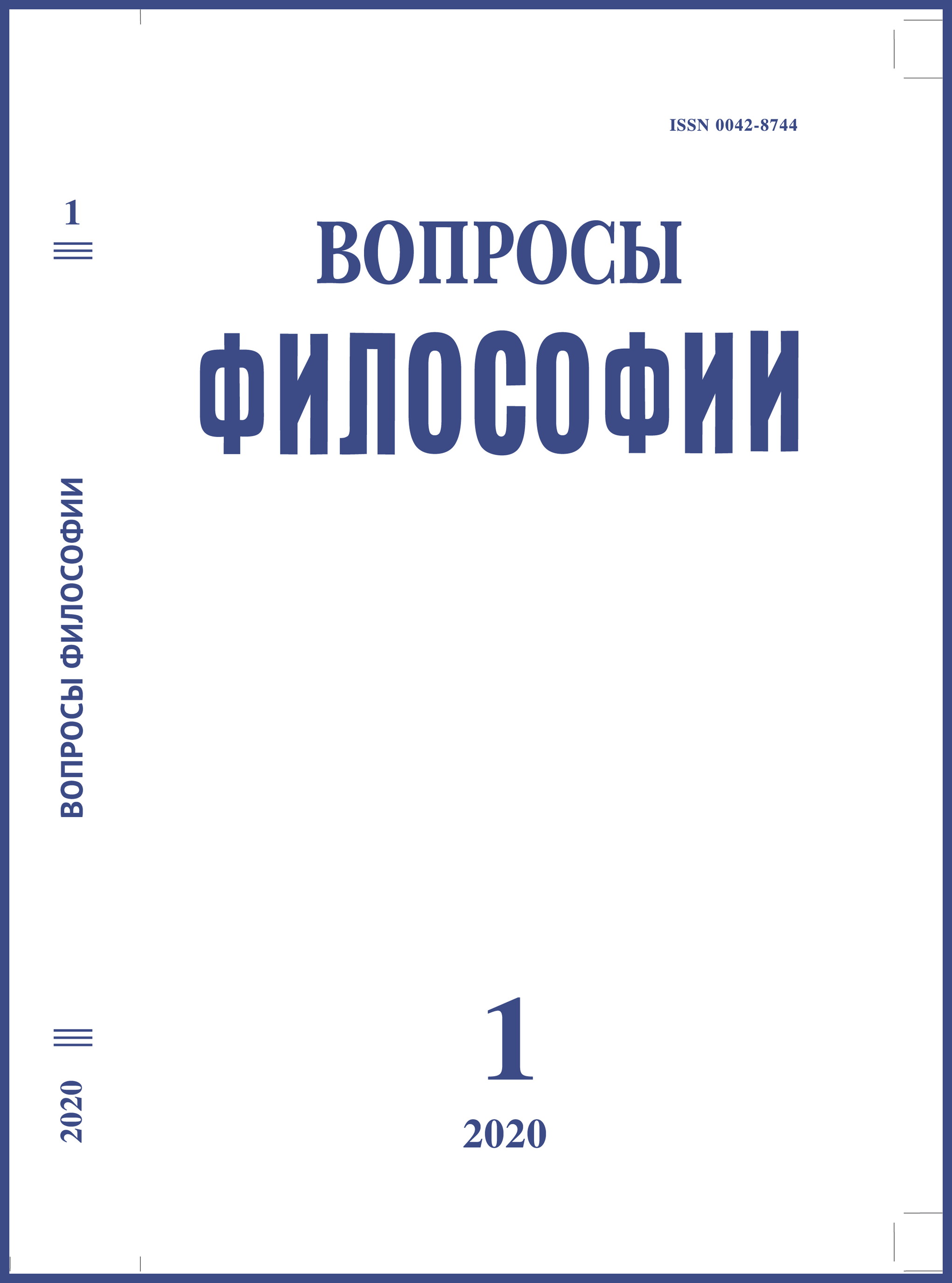Conceptualizations of natural habitats’ influence on the formation of the people’s character in Japan: Jinkokuki and Shin Jinkokuki texts’ and studies’ analysis
DOI:
https://doi.org/10.21146/0042-8744-2020-1-168-179Keywords:
Jinkokuki, Seki Soko, Watanabe Tooru, geopsychology.Abstract
The article is mainly based upon the analysis of two Japanese texts, Jinkokuki (“Records of the people and the provinces”, 16th century) and its later revised version Shin Jinkokuki (“New records of the people and the provinces”), created by a confucianist scholar and cartographer Seki Soko in 1701. The latter is often considered to be one of the first Japanese atlases as Seki not only revised and enlarged the original text, but also added maps to the descriptions of all of the Ja - panese provinces. Both texts are valued by Japanese scholars as fruitful sources for studies in the history of environmental psychology, or geopsychology, and a careful study of its’ content provides some new information on the ideas and concepts of natural habitats’ influence on the formation of behavioral models and personal qualities typical to the inhabitants of certain areas within Japan in 16th18th centuries. In the first half of the 20th century some Japanese authors, many of them playing leading roles in the introduction of western science into Japan, were obsessed with the idea of formulating typically Japanese way of thinking and behaving, that would not only differentiate the Japanese from others, but also make the nation consider itself better than those others. The search for roots of yamato-damashii and Japanese uniqueness in terms of relations between the Japanese people and the country’s nature, just as an attempt to make some certain values of the samurai class nationwide revitalized interest in Jinkokuki and Shin Jinkokuki, which were used as an instrument of state propaganda. The second part of this article analyses works by Watanabe Tooru, a psychologist who issued the first scholary publication of these texts and who’s academic career seems to be a one long road to “Records of the people and the provinces”.

